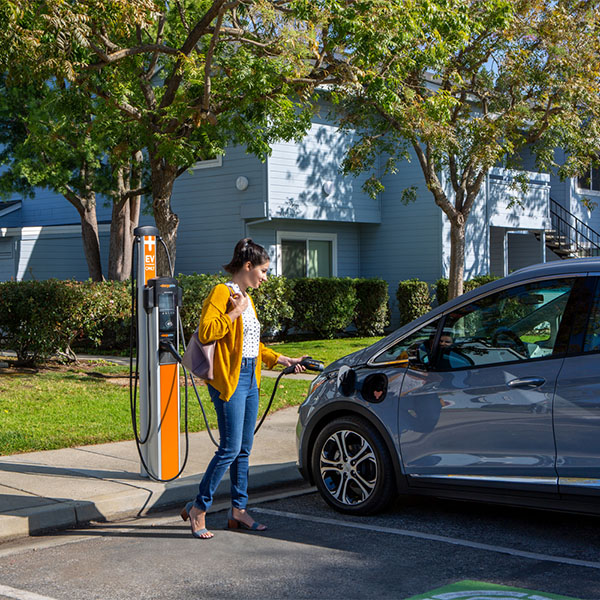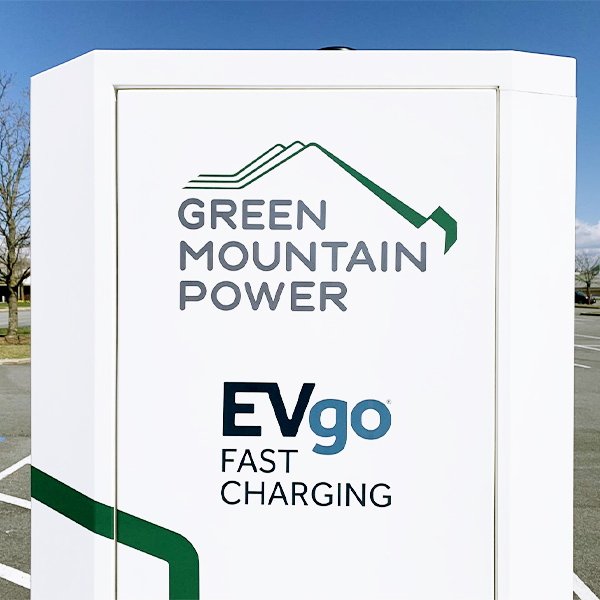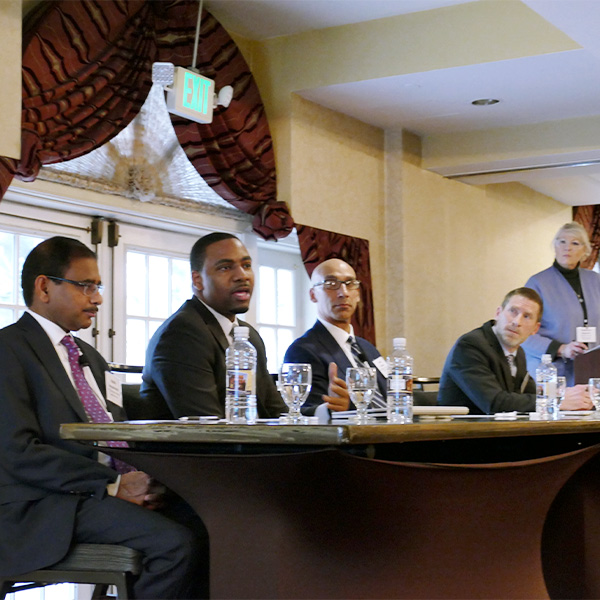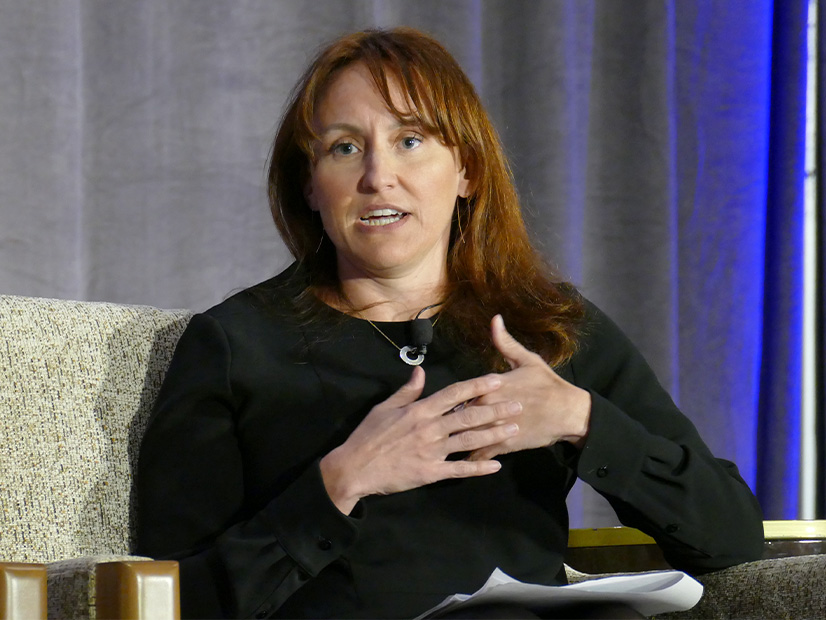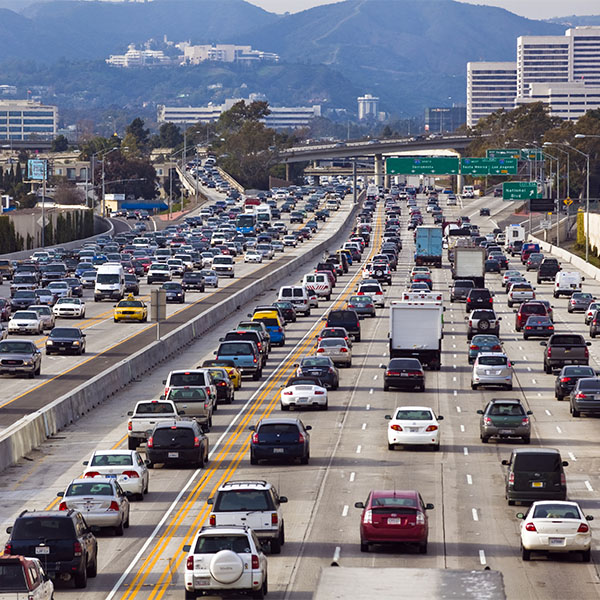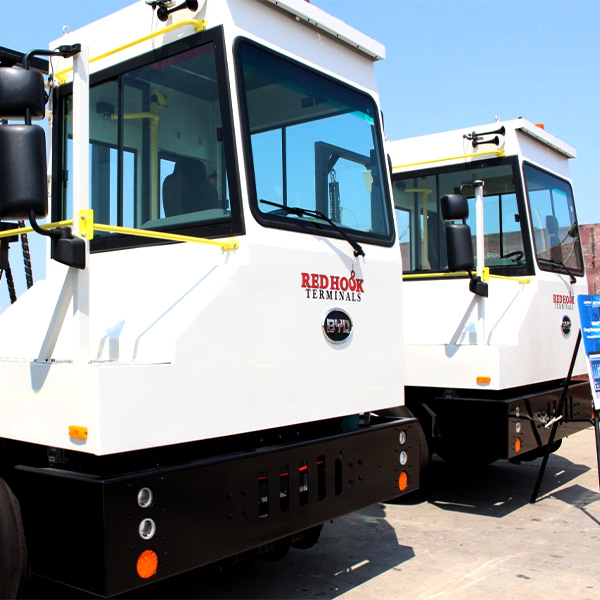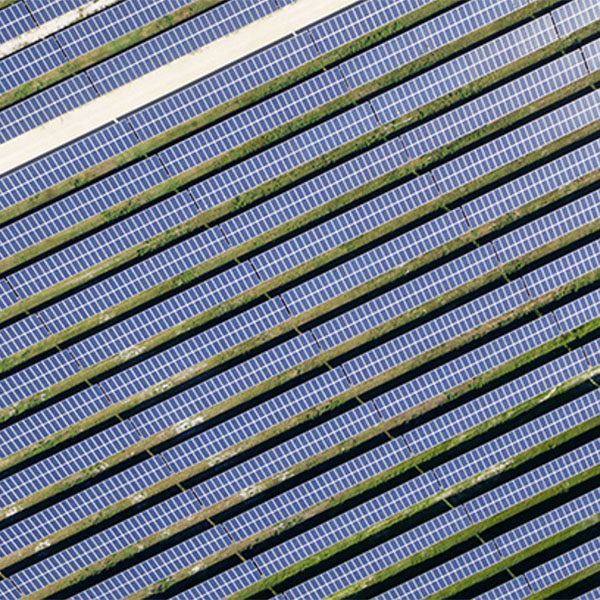Transportation Decarbonization
Airplane DecarbonizationEV chargersHeavy-duty vehiclesBattery Electric Buses (BEB)Fuel Cell Electric Buses (FCEB)Light-duty vehiclesBattery Electric VehiclesFuel Cell VehiclesPlug-in hybrid electric vehiclesShip electrificationClean Ports
Connecticut legislators took comments on a priority bill that would prevent condo and apartment owners from restricting access to EV chargers.
Biden ramped up efforts to build out U.S. clean energy supply chains with announcements focused on the mining, refining and recycling of critical minerals.
A UK-based company is gaining altitude in the race to develop emissions-free aircraft motors.
Vermont has a preliminary plan for federal EV infrastructure funding to support the installation or upgrade of 15 fast-charger stations along state highways.

Arne Müseler, CC BY-SA 3.0, via Wikimedia Commons
A new study shows that most global corporations with big carbon emissions pledges are likely to come up short on real reductions.
Maryland lawmakers are confident they will adopt more ambitious climate goals in 2022, after differences among Democrats stalled action last year.
Much of the talk at NARUC's Winter Policy Summit was about the $62.5 billion the DOE received under the Infrastructure Investment and Jobs Act.
The Biden administration could be close to restoring California’s authority to adopt tailpipe emission standards that are more stringent than federal standards.
Critics of new rules proposed by the New Jersey DEP to cut emissions from cargo-handling equipment at ports and rail terminals say they should be tougher.
N.J. legislators advanced bills to create an Office of Clean Energy Equity and to fund energy efficiency projects for state and local government buildings.
Want more? Advanced Search
